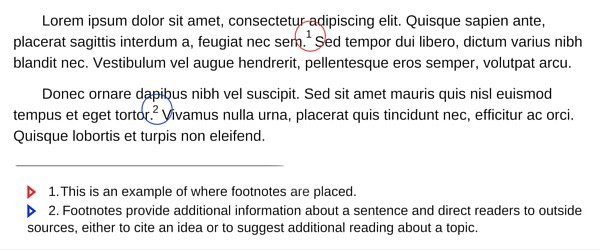


451 (1987) ( A federal court may not properly ask a state court if it would care in effect to rewrite a statute). Abstention is not proper simply to afford a state court the opportunity to hold that a state law violates the federal Constitution. or where it is clear that the state statute or action challenged is unconstitutional no matter how the state court construes state law. Abstention is not proper, however, where the relevant state law is settled, 3 FootnoteĬity of Chicago v. 706 (1996), an exercise in Burford abstention, the Court held that federal courts have power to dismiss or remand cases based on abstention principles only where relief being sought is equitable or otherwise discretionary but may not do so in common-law actions for damages. Also, although the sole fact that an action is pending in state court will not ordinarily cause a federal court to abstain, there are exceptional circumstances in which it should. 350 (1989) (carefully reviewing the scope of the doctrine), especially where state law is unsettled. Council of the City of New Orleans, 491 U.S. 1 (1983) New Orleans Public Service, Inc. 315 (1943) Alabama Public Service Comm’n v. Another feature of the doctrine is that a federal court should refrain from exercising jurisdiction in order to avoid needless conflict with a state’s administration of its own affairs, Burford v.

The basic doctrine was formulated by Justice Felix Frankfurter for the Court in Railroad Comm’n v. Wright, Handbook of the Law of Federal Courts 13 (4th ed. The abstention doctrine instructs federal courts to abstain from exercising jurisdiction if applicable state law, which would be dispositive to the controversy, is unclear and a state court’s interpretation of the state law might make resolving a federal constitutional issue unnecessary. 1 Footnoteįor a definition and discussion of comity, see ArtIII.S2.C1.18.2 Suits Involving Foreign States. Perhaps the fullest expression of the concept of comity may be found in the abstention doctrine. The Judges, both of the supreme and inferior Courts, shall hold their Offices during good Behaviour, and shall, at stated Times, receive for their Services, a Compensation, which shall not be diminished during their Continuance in Office. The judicial Power of the United States, shall be vested in one supreme Court, and in such inferior Courts as the Congress may from time to time ordain and establish.


 0 kommentar(er)
0 kommentar(er)
